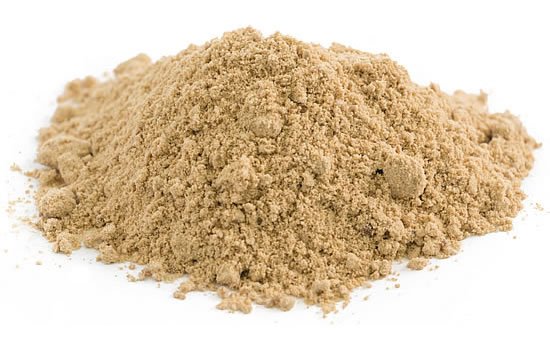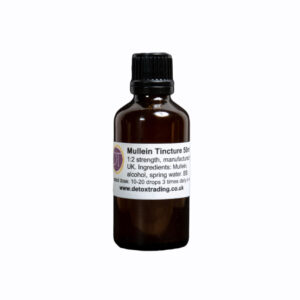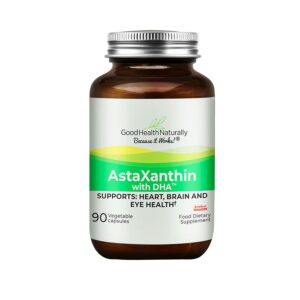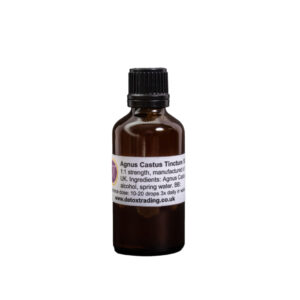Premium Sunflower Lecithin Powder
Soya is the dominant source for lecithin in food, but our sunflower lecithin powder comes from sunflowers and is preferred by those seeking an alternative due to many concerns (environmental and health related) about soya. Many people have soya allergies, most of soya available is now genetically modified and not to mention it’s catastrophic environmental impact. Needless to say we prefer sunflower lecithin by far!

Country of Origin: India
 Lecithin is often used as a cooking ingredient, but it is also taken as a nutritional supplement as it is known as a beneficial source of phosphatidylinositol, phosphatidylethanolamine, and phosphatidylcholine.
Lecithin is often used as a cooking ingredient, but it is also taken as a nutritional supplement as it is known as a beneficial source of phosphatidylinositol, phosphatidylethanolamine, and phosphatidylcholine.
Phosphatidylcholine is a nutrient that aids in memory, muscle conditioning and maintaining the nervous system. Lecithin’s greatest benefit is that it has an abundance of essential fatty acids. Sunflower lecithin has the same overall fatty acid composition as soy lecithin, but sunflowers have more stearic acid and linoleic acid than soy, which is believed to help lower cholesterol levels.
What is lecithin?
Lecithin is a vital component to each and every cell in our bodies. Lecithin helps prevent cell membranes from becoming hard and allows them to remain healthy. Lecithin has become a popular supplement especially with regard to improving cholesterol levels as well as improving the functions of the nervous and circulatory systems.
Other products that can aid memory are lions mane and bramhi. As Sunflower Lecithin is great for muscle conditioning it’s really good when paired with vegan protein like pea protein.
 Why not organic?
Why not organic?
Extracting lecithin for sunflower seeds to make a powder is a notoriously difficult thing to do without the use of solvent extraction methods, this is why it’s possible to find organic sunflower lecithin liquid but organic powder is very rare. The good news is that we now stock a certified organic version which you can check out here.
Our advice when shopping for sunflower lecithin powder is to be very careful. There are some cleverly marketed versions out there that will have you believe they’re organic and made without solvents, but once you look a little closer you’ll discover this not to be true and in fact they’re made with exactly the same solvent extraction methods. Keep your eyes peeled!
Possible benefits of Sunflower Lecithin
![]() Can promote optimal brain function
Can promote optimal brain function
![]() Supports a healthy liver
Supports a healthy liver
![]() Provides choline and inositol
Provides choline and inositol
![]() Soy-Free
Soy-Free
![]() Non-GMO powder
Non-GMO powder
Suggested use of Sunflower Lecithin:
Take 1 tablespoon (7 grams) daily, 1-2 times daily. Sprinkle on foods, mix into a beverage, or enjoy its mild, nutty taste on its own
Nutritional information per 100g
Energy 2962kJ
Energy 719kcal
Total Carbohydrates 1g
Of which sugar 1g
Total Fats 83g
Of which…
– Fatty Acid, saturated 20-25g
– Fatty Acid, monounsaturated 7-15g
– Fatty Acid, polyunsaturated 50-66g
Protein 7g*
Sugar 1g
Salt 750ppm
All information is subject to the usual fluctuations in natural products. The values are a compilation of own analysis and literature values.
*There is no protein expected in lecithin and can be specified as <0.3%. According to the EU law is the protein content analyzed as total nitrogen. Lecithin contains nitrogen in its phospholipids group, so the analysis detects a value which does not reflect the content of protein bound nitrogen
Packed on premises that handles nuts & seeds.
Allergen-free from:
Peanut, Peanut Oil
Tree nuts
Sesame Seeds
Milk & Derivatives
Eggs
Fish
Shellfish
Soya
Wheat & Gluten
Sulfites
Other Known Allergens
Free from any GMO






